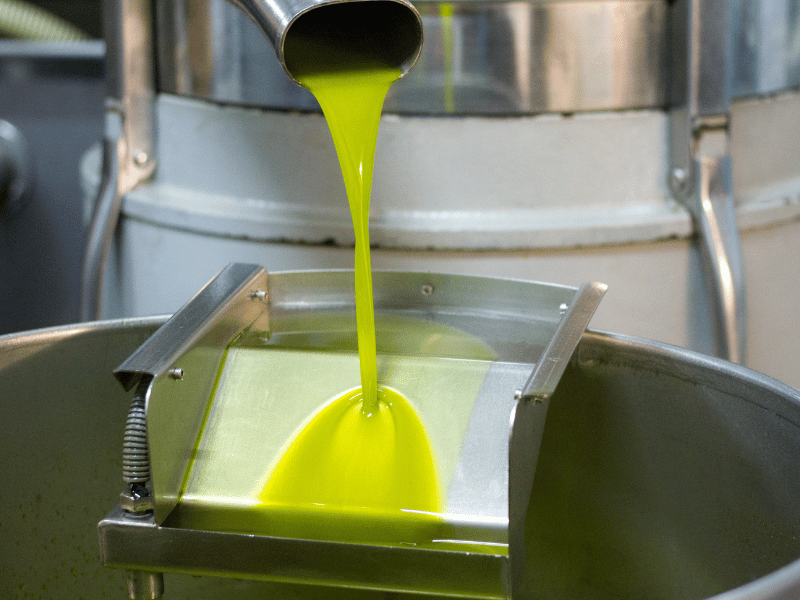
When it comes to cooking oil, the choice you make can significantly impact your health. Whether youre frying, sautéing, or dressing your salads, the oil you use plays a key role in your body’s nutrition, cholesterol levels, heart health, and overall well-being. Among the most widely used cooking oils are refined oils and cold pressed oils—but they differ vastly in how they’re made and what they offer.
Let’s dive deeper into the differences between refined oils and cold pressed oils, so you can make an informed decision for a healthier kitchen and lifestyle.
Refined oils are manufactured through industrial processes that involve:
High heat treatment
Chemical solvents like hexane for extraction
Bleaching agents to remove color
Deodorization to eliminate odor
This process strips the oil of its natural taste, smell, and a significant portion of its nutritional value.
Wood-Pressed oils, on the other hand, are produced using traditional mechanical methods:
Seeds or nuts are pressed at low temperatures
No chemicals or external heat is involved
Natural flavor, color, and aroma of the oil are preserved
Because of this gentle process, cold pressed oils remain close to their original, natural form—making them a healthier choice.
Due to extensive processing, refined oils lose many of their essential nutrients, including:
Vitamin E
Phytosterols
Polyphenols
Natural antioxidants
Some refined oils may even contain traces of chemicals or trans fats, which can be harmful over time.
These oils retain their nutritional integrity, offering:
High levels of Vitamin E, which supports skin and immune health
Essential fatty acids (Omega 3 & 6) that benefit the heart and brain
Natural antioxidants that combat inflammation and cellular damage
They’re not just cooking oils—they’re functional foods that nourish your body from within.
Frequent use of refined oils has been linked to:
Cholesterol imbalance
Weight gain due to hidden unhealthy fats
Inflammation and oxidative stress
Higher risk of heart disease and lifestyle disorders
Long-term use, especially for frying, can lead to accumulation of trans fats—a known contributor to cardiovascular diseases.
Wood-Pressed oils provide numerous health benefits, such as:
Improved heart health through good fats
Boosted immunity with antioxidant support
Better digestion and gut health
Reduced risk of metabolic and inflammatory diseases
Used in moderation, these oils help you maintain a natural balance in your diet.
Thanks to preservatives and additives, refined oils usually:
Have a longer shelf life
Can withstand exposure to light and heat without spoiling quickly
However, this longer life comes at the cost of added chemicals and loss of purity.
Cold pressed oils have:
A shorter shelf life
Greater sensitivity to heat, air, and sunlight
Should be stored in cool, dark places (preferably in glass bottles)
Although they don’t last as long, their purity and health benefits make them worth the extra care.
Your health begins in your kitchen. While refined oils are cheaper and have a longer shelf life, they’re also stripped of vital nutrients and may contain harmful residues. Cold pressed oils, though slightly more expensive and perishable, are natural, nutrient-dense, and chemical-free—making them the superior choice for those seeking a healthy lifestyle.
Whether you opt for cold pressed groundnut oil, mustard oil, coconut oil, or olive oil, you’re giving your body the goodness it deserves.